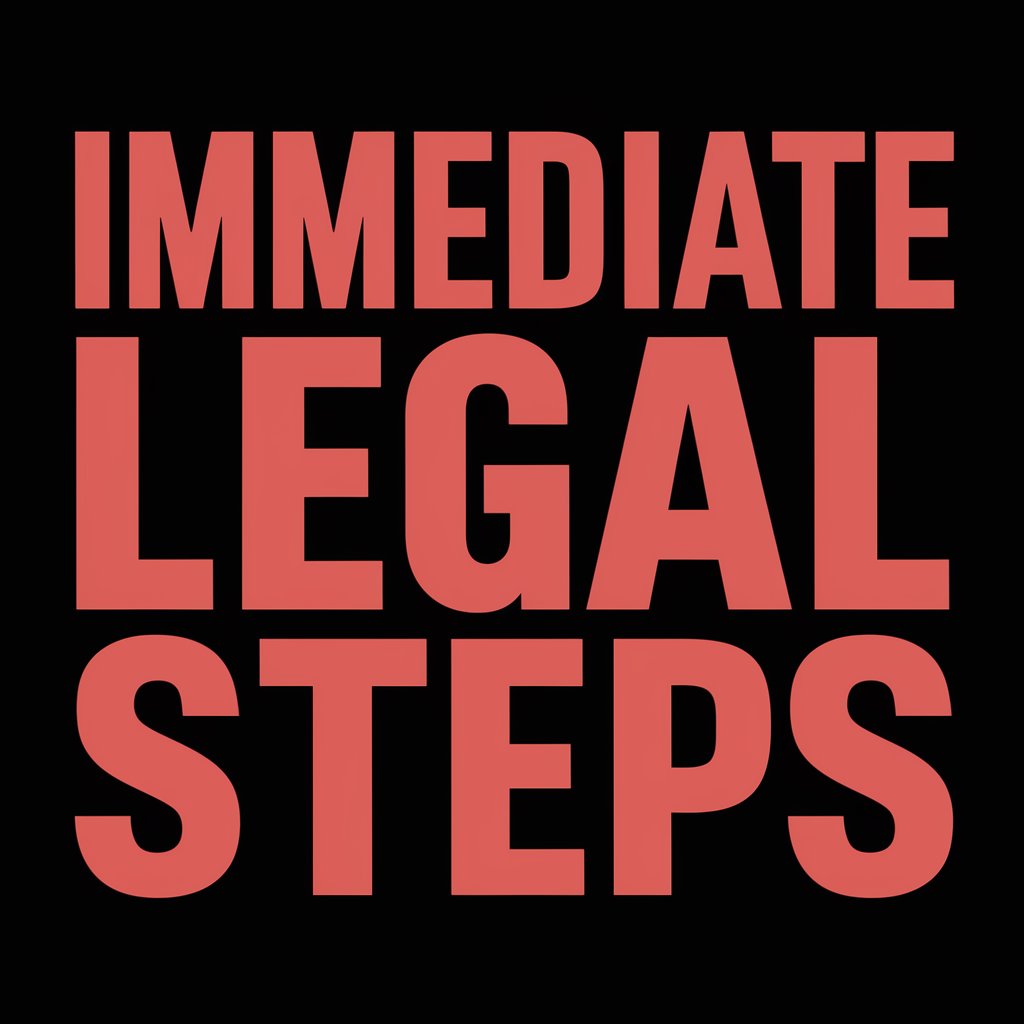Motorcycle accidents can result in a variety of injuries, with lacerations being among the most common and concerning. These cuts and tears in the skin can range from minor scrapes to deep wounds requiring medical attention, leading to significant complications. In the chaotic aftermath of an accident, knowing the immediate legal steps to take is crucial for protecting your rights and securing the compensation you need for medical treatment and recovery. Understanding these steps can help victims navigate the complex process of dealing with injuries and legal claims effectively.
If you or someone you know has suffered lacerations in a motorcycle accident, seeking guidance from a motorcycle accident attorney in Seattle is essential. An experienced attorney can provide valuable assistance in understanding your legal options and ensuring you receive the compensation you deserve.
Seek Medical Attention First
After sustaining lacerations in a motorcycle accident, the most important immediate action is to seek medical attention. Prompt evaluation and treatment are essential for addressing your injuries and establishing a solid foundation for any subsequent legal claims. Here are the critical steps to take:
- Immediate Medical Evaluation: Even if lacerations appear minor, get them assessed by a healthcare professional to prevent significant blood loss and reduce the risk of infection.
- Create an Official Injury Record: Seeking medical care promptly provides an official record of your injuries, which is crucial for any legal claims you may pursue later.
- Follow-Up Care: Follow your doctor’s advice for ongoing treatment, including follow-up appointments and wound care instructions, to ensure proper healing.
- Document Medical Expenses: Keep detailed records of all medical treatments and related expenses. These are vital for supporting your legal claim and showing the extent of your injuries.
Document the Accident Scene
As soon as it’s safe, document the accident scene thoroughly. Take clear photos or videos of your motorcycle, any other vehicles involved, and your injuries. These images will help demonstrate the damage’s extent and the accident’s context from different angles.
Pay attention to details like road conditions, weather, and any nearby traffic signals or signs that might have contributed to the crash. These elements are important in reconstructing how the accident occurred and establishing potential contributing factors.
If there are witnesses, collect their contact information. Their accounts can provide crucial support for your version of events. Ask a bystander or friend to assist if you cannot document the scene because of your injuries. This evidence is essential for filing a claim or pursuing legal action.
Report the Accident
Reporting the motorcycle accident to local authorities is a key step. In Seattle, contacting the police ensures an official report documenting the incident is filed. This report will include details such as the date, time, location, and any preliminary findings about the cause of the accident. An official police report is instrumental in your legal case, providing an unbiased account of the accident.
Make sure to obtain a copy of the police report for your records. This document will be necessary when dealing with insurance companies or presenting evidence in court. It helps establish liability and supports your claim for compensation by providing an authoritative source of information about the accident.
Notify Your Insurance Company
After addressing your immediate health and safety needs, promptly notify your insurance company about the motorcycle accident. Provide them with all relevant details and documentation, such as the police report and medical records. Reporting the accident on time is crucial, as delays can impact your ability to claim benefits under your policy.
When speaking with your insurer, stick to the facts about what happened. Avoid speculating about the cause of the accident or admitting any fault. Insurance adjusters rely on clear and documented information to process your claim accurately. Focusing on the facts helps prevent misunderstandings and protects your interests.
Your insurance company may ask for additional information to support your claim. Be prepared to provide more details about your injuries, further medical reports, or a more comprehensive accident account. They might also investigate to verify the facts and assess the damages.
If the process becomes complex or you feel uncertain, consider consulting a motorcycle accident attorney. An experienced attorney can help you navigate the claims process, manage communications with your insurer, and protect your rights.
Consult a Motorcycle Accident Attorney
Consulting a motorcycle accident attorney is crucial in protecting your rights and ensuring you receive fair compensation. An experienced attorney can help you navigate the complexities of the legal process, from filing claims to negotiating with insurance companies. They can also advise you on the best course of action based on the specifics of your case.
A local attorney, familiar with Seattle’s laws and court systems, can effectively handle your case. They will assist in gathering evidence, calculating the full extent of your damages, and advocating on your behalf. With their support, you can focus on your recovery while they manage the legal aspects of your case.
Preserve All Evidence
Preserving all evidence from your accident is essential. Start by keeping copies of all medical records and receipts for treatments and expenses. These documents are vital for proving the extent of your injuries and the costs incurred.
Maintain detailed records of your communications with insurance companies and other parties involved in the case. Save emails, letters, and notes from phone calls. This helps track your interactions and any agreements or disputes.
Additionally, retain any physical evidence, such as damaged clothing or motorcycle parts. These items can demonstrate the impact of the accident and support your claims. Organized and thorough documentation will significantly strengthen your case.
Avoid Discussing the Case Publicly
In the aftermath of a motorcycle accident, it’s important to avoid discussing the details of the case publicly, including on social media—anything you say, or post can be used against you by insurance companies or opposing legal teams. Keep communications about the accident private and refer any inquiries to your attorney.
Your attorney can guide you on what information is appropriate to share and how to handle any communications regarding the case. Being cautious with your statements helps protect your legal position and ensures that your case is not compromised by unintended disclosures.




